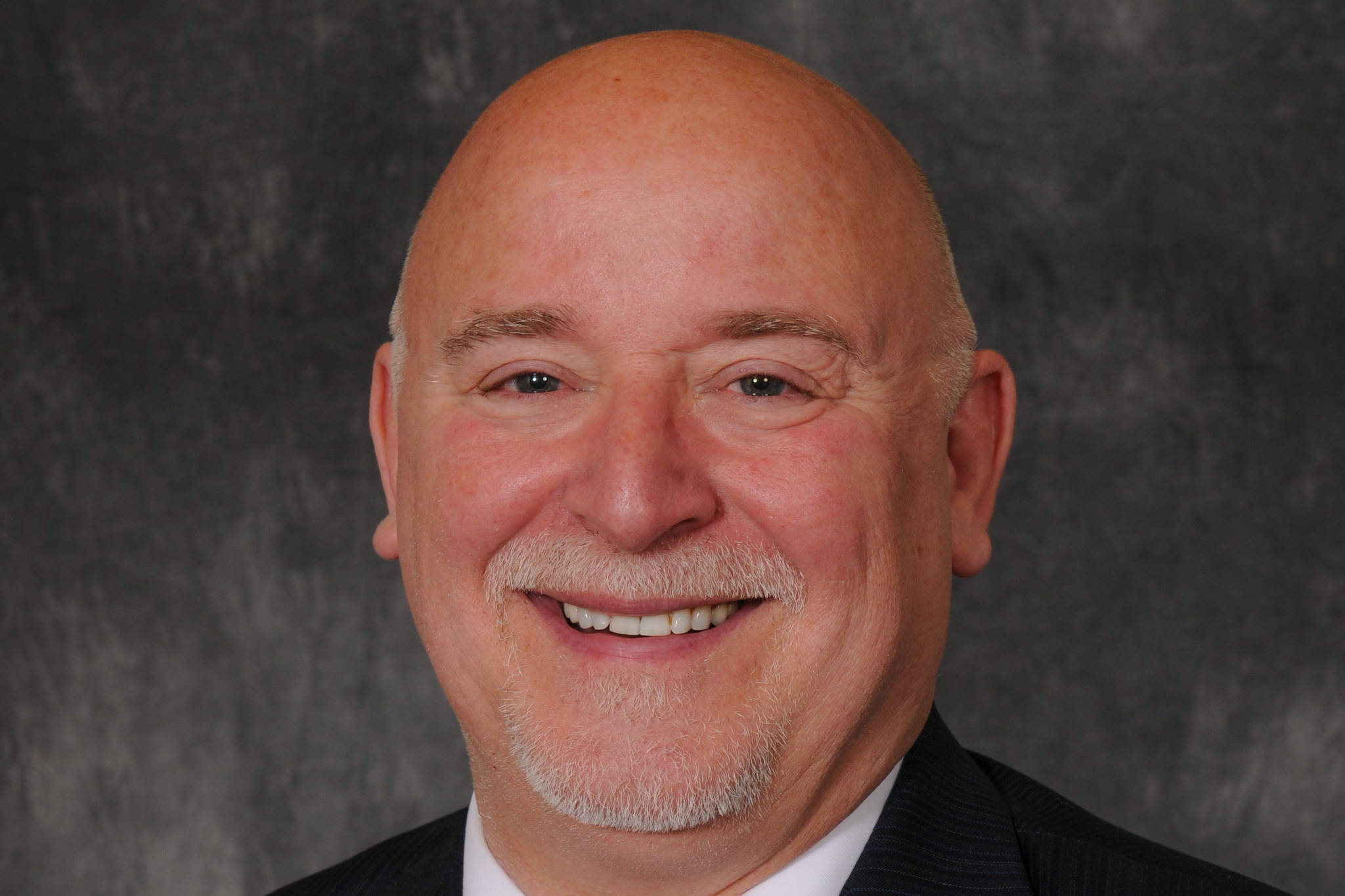Ballot Measure 1 amends the current production tax system to be fair and transparent for Alaskans. In a recent interview with a Bloomfield reporter, I was asked an excellent question, “What is wrong with the existing production tax system?” Alaskans should know the answer to this question.
Our existing production tax system was shaped by the major producers and adopted through Senate Bill 21 (SB21). SB21 is hopelessly flawed and needs to be amended for the following seven reasons:
First, SB21 is driving us into the poor house. Before SB21 and for decades, Alaskans recovered a fair share for our oil. Since SB21, the state has actually paid and owes the producers more in cashable credits ($2.1 billion) than the producers have paid the state in production taxes ($2 billion). In the five years before SB21, we averaged $3.8 billion per year in net production taxes; in the five years after SB21, we averaged zero. Before SB21, we got about the same in combined royalties and production taxes as North Dakota, Texas and Louisiana; after SB21, we get about one-third as much as other states. There is no doubt SB21 took our share away and will continue to take our share away regardless of the price of oil.
Despite the major producers’ whining, Ballot Measure 1 takes back a share that is less than either our average share for the past 30 years before SB21 or the share currently being recovered by other states and major resource owners throughout the world.
Second, SB21 provides massive corporate welfare. SB21 allows the producers to reduce our production taxes by $8 for each revenue barrel of oil produced. Our three major fields have been producing oil for decades without credits. SB21 credits are simply corporate welfare. In the Prudhoe Bay Unit in 2018 alone, these welfare credits reduced our production taxes from $972 million down to $230 million or by $742 million.
To add context, in 2018, the producers made $3.7 billion or $40 per barrel in net income from Prudhoe. According to the Legislative Research Report, in that same year, ConocoPhillips made only $11.64 per barrel in net income from the Lower 48 and $11.72 per barrel in net income internationally. So, while the producers were making more than three times as much per barrel from Prudhoe than they could make anywhere else in the world, we gave them $742 million in welfare credits to produce Prudhoe oil they would have produced anyway and had been producing for over 30 years without credits.
Ballot Measure 1 eliminates the welfare credits for our three major fields.
Third, SB21 applies a ridiculously low minimum 4% rate. Our three major fields are low-cost, high-profit fields and should pay a fair minimum rate. Prudhoe went into production over 40 years ago when the price of oil was under $3.50 per barrel, and the initial investment has been recovered with handsome profits decades ago. For decades prior to SB21, Prudhoe was able to both attract investment and provide Alaskans a fair share when the rate was higher than Ballot Measure 1.
Ballot Measure 1 raises the 4% minimum gross rate to 10% for our three major fields and keeps 4% in place for new and developing fields.
Fourth, SB21 eliminates progressivity so we will stay broke as prices and profits rise. When oil prices and producer profits rise, so should Alaskans’ percentage share. SB21 eliminated progressive rates. That is why when oil prices and producer profits rise, it does not help us as much as before SB21.
Ballot Measure 1 adds some progressivity back into rates.
Fifth, SB21 has major tax loopholes. SB21 allows costs to be deducted that are unrelated to the oil being produced and taxed. For example, SB21 allows ConocoPhillips to deduct the costs of developing federal lands in NPR-A from the production taxes they owe us for oil from Prudhoe. Unless SB21 is amended, this loophole will increase the state deficit by $300 million for most of the next decade. No other state permits field costs to be deducted from production taxes, period.
Ballot Measure 1 limits cost deductions for our major fields to the costs of producing oil from them.
Sixth, SB21 keeps the producers’ profits secret as they whine about not making enough. Today, Alaskans are kept in the dark while the wealth from our three major fields is being taken from Alaska. As owners of the land and the oil, we have the right to know the revenues, costs and profits from our three major fields. No other resource owner in the world that takes a share of net income denies its policy makers such information.
Ballot Measure 1 allows Alaskans to know how our three major fields are doing. This will allow us to establish and maintain the best oil policies for Alaska.
Seventh, there is no other reasonable choice. Alaska is broke. This is largely because SB21 no longer recovers and keeps our fair share in Alaska helping Alaskans. We have spent our savings, are losing our PFDs, and lack funding for education, universities, or capital projects. We either have to get a fair share for our oil from the producers or raise $1.1 billion per year more from Alaskans.
Vote “yes” for Ballot Measure 1, and amend SB21 before it drives Alaska even further into the poor house!
Robin Brena is a lifelong Alaskan and original sponsor of Ballot Measure 1 and chair of the Oil and Gas Transition Committee for the Walker administration, and founder of Brena, Bell & Walker, a longtime Alaskan oil and gas law firm.
• By Robin Brena

